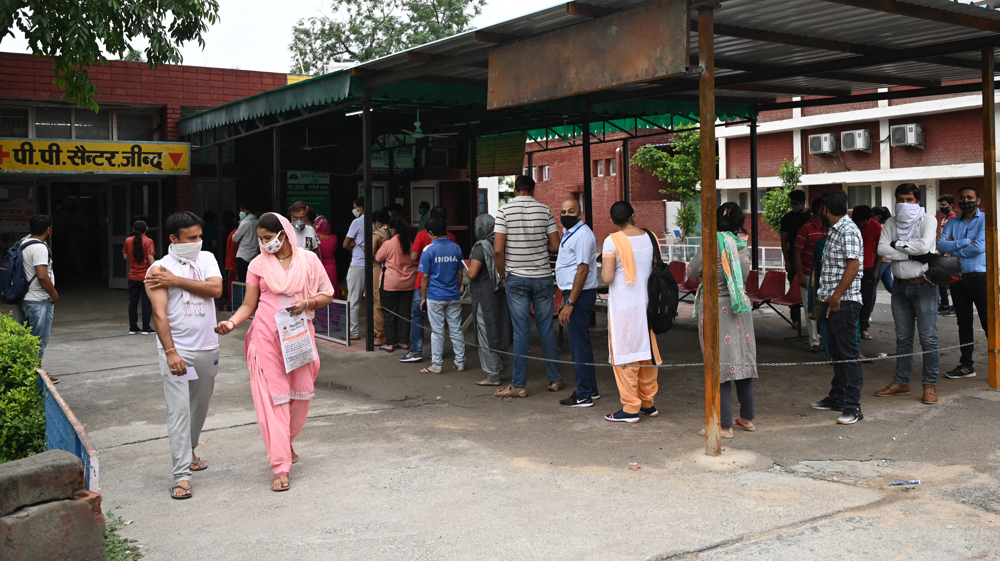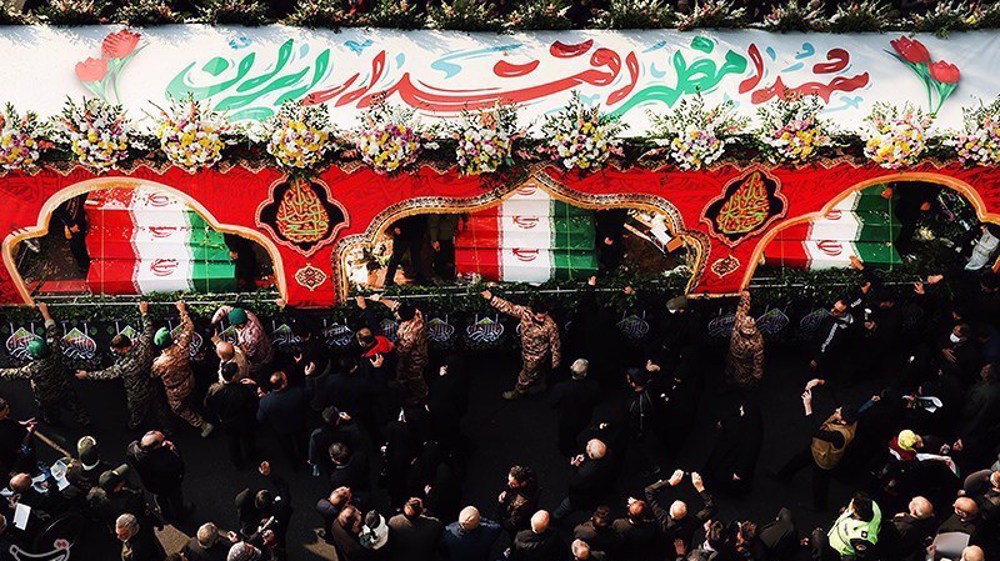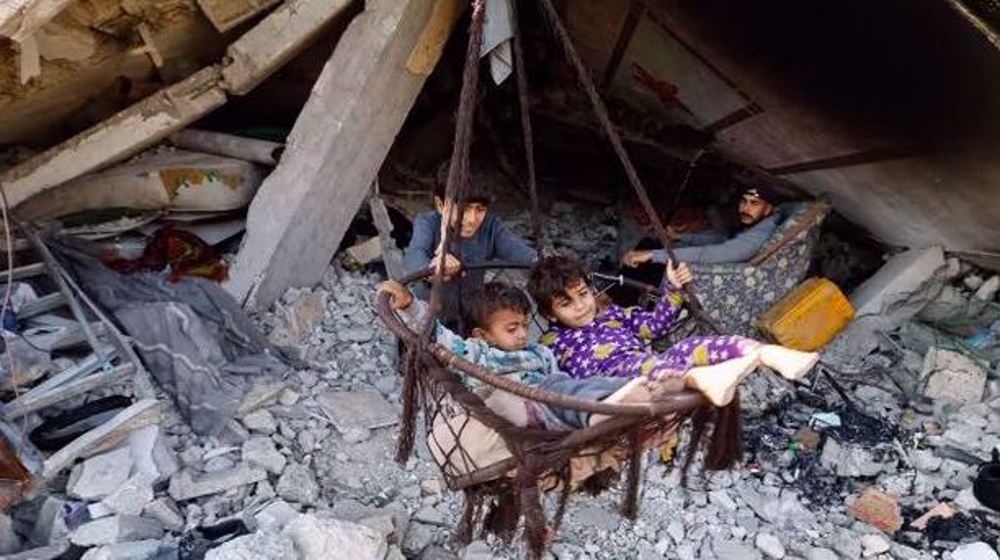World leaders urged to work towards ensuring vaccine equality
Millions of people are losing their lives with no access to vaccines in poor countries, while rich countries are sitting on large caches of surplus vaccines, and refusing to share them. The dire situation has prompted a call by several leading organizations for world leaders to make a “new commitment" to a more equal distribution of coronavirus vaccines.
In a letter, published on the Washington Post on Tuesday, the heads of the World Health Organization (WHO), World Bank, International Monetary Fund (IMF) and World Trade Organization (WTO) said that bringing the pandemic to an end "requires global action now."
“It has become abundantly clear that there will be no broad-based recovery from the COVID-19 pandemic without an end to the health crisis,” they said. “Access to vaccination is key to both."
The joint op-ed called on the Group of Seven wealthy countries (G7) to agree on a "stepped-up coordinated strategy, backed by new financing, to vaccinate the world.”
The leaders of the G7 are due to hold a summit in the United Kingdom later this month.
The joint letter recommended that the G7 agree to fund a $50 billion plan already put forward by the IMF to accelerate the end of the pandemic.
The G7 leaders met in central London last month, and committed to financially support UN-backed program Covax, but there was no immediate announcement on fresh funding to improve access to vaccines.
Back in March, the WHO warned against vaccine inequality, which it described as "grotesque,” calling on vaccine-wealthy nations to refrain from giving shots to children and adolescents and instead donate those doses to other nations.
The WHO said only 14 out of 21 countries in the Eastern Mediterranean region (EMRO), which extends from Morocco to Afghanistan, have received inoculations, equivalent to little more than one percent of the population of the entire region.
In the meantime, the US has purchased 200 million more vaccines for its own citizens, pushing poorer countries and vulnerable populations to the back of the queue.
Foreign leaders have repeatedly called on US President Joe Biden to provide help on accessing coronavirus vaccines. The president, however, said his administration would help the rest of the world only after all Americans have access to the vaccines.
Though experts estimate that low-income countries will experience wide access after 2022, they warn that delaying inoculations will allow the virus opportunity to mutate, potentially undermining available vaccines and ultimately global recovery.
Last month, south Africa’s president Cyril Ramaphosa described the situation as “tantamount to vaccine apartheid.”
He said that “the populations of advanced, rich countries are safely inoculated while millions in poorer countries die in the queue.”
The sub-Saharan Africa has administered the fewest vaccines relative to its population of any region, with roughly 8 doses per 1,000 people versus 150 doses per 1,000 people globally, according to the WHO.
The pandemic has so far claimed the lives of 3.55 million people and infected over 170 million across the world, according to data collected by Johns Hopkins University.
14 countries condemn Israel's West Bank settlement plan
VIDEO | UK pro-Palestine hunger strikers
VIDEO | US $1tn military war budget
VIDEO | Yemen warning sides reach major prisoner exchange deal
UN experts condemn US blockade of Venezuela
Iran stocks extend rally as TSE index surpasses 4 million points
Rights group reports worsening humanitarian conditions in Israeli prisons
EU slams US over visa ban on officials regulating 'online censorship rules'













 This makes it easy to access the Press TV website
This makes it easy to access the Press TV website